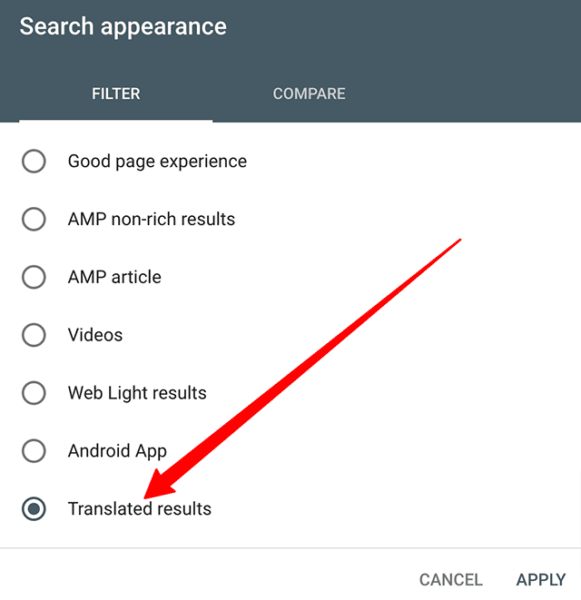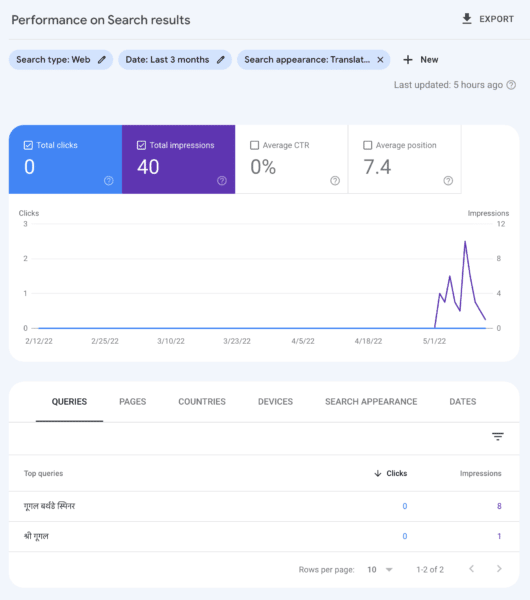Microsoft Bing drops anonymous sitemap submission due to spam issues
Microsoft Bing will no longer accept XML sitemaps submitted anonymously through HTTP requests, Fabrice Canel from Microsoft Bing announced today. The reason Bing will no longer allow anonymous sitemap submission is due to abuse by search spammers.
How anonymous sitemap submission worked. Microsoft explained that since the inception of XML sitemaps with Bing, Bing allowed for anonymous submission by using a HTTP request.
No longer supported. Microsoft is doing away with HTTP request anonymous submission of Sitemaps starting today, May 13, 2022. Fabrice Canel wrote that Microsoft Bing is “deprecating the ability for anonymous sitemap submissions starting today.”
Why is it going away? SEO and search spammers have been abusing the anonymous submission of Sitemaps and thus, Microsoft is no longer going to support it. Fabrice Canel wrote, “recent evaluations have shown that it was often subject to misuse by spammers.”
How to submit a sitemap to Bing. You can still submit your sitemaps using robots.txt on your domain name and/or through Bing Webmaster tools.
- robots.txt: Add a reference to your sitemap in the robots.txt file located at the root of the host to inform all search engines.
- Bing webmaster tools: Alternatively, you can submit your sitemaps in Bing Webmaster tools https://www.bing.com/webmasters/sitemaps
Don’t forget IndexNow. Microsoft Bing of course would still love for you to push content to them using IndexNow, so you have that as an additional and supplemental option.

Source: Microsoft Bing drops anonymous sitemap submission due to spam issues
Google Search Console adds translated results search appearance filter
Google Search Console had added “translated results” to the search appearance filter in the performance reports today. This filter lets you drill down to how searchers who get translated results interact with your content in Google Search.
How to access this filter. You can access this filter by logging into Google Search Console, clicking on your performance report, and then clicking on the “+new” filter and selecting the search appearance for “translated results.” Here is a screenshot of how to access the filter:

Translated results report. This report will break down what queries, pages, countries, devices and so on these searchers are using when finding your content in Google Search. Again, when you filter by “translated results,” this will filter the report to show you only those who get translated results. Here is a screenshot of this report:
More on translated results. Searchers who see translated results will be those who are likely based somewhere in India and speak Indonesian, Hindi, Kannada, Malayalam, Tamil, and Telugu languages. Google automatically will translate your title link and description it shows in the search results for your site’s snippet. When that user clicks on the result, Google Translate will also likely translate your page as well.
We covered this in more detail when Google released its help document on translated results last year.
Source: Google Search Console adds translated results search appearance filter
The anatomy of personalized search

Buyers expect easy navigation, relevant search results, and tailored search experiences that remember their preferences and rerank products accordingly, especially for in-session browsing. Unfortunately in 2022, consumers are still experiencing null results, and poor relevance and are often pointed in the wrong direction by their favorite brands.
If you’re running an e-commerce site, internal KPIs most likely have an underlying impact on positive consumer retention, acquisition, and site revenue. All three inadvertently impact brand loyalty and therefore keep that cycle moving.
Most of these online storefronts you manage started with a passion for the product and/or helping to solve a consumer issue. So, when improving your site’s functionality, how often are you working backward by focusing site search & product discovery efforts for your customer?
Being able to identify and implement the right AI-backed functionalities that power intentional search experiences will help your customers win, your brand’s site win and make you look like a product discovery hero.
Unlock magical experiences that foster customer loyalty online and better understand the capabilities of your site’s search engine. Continue your journey to becoming a product discovery hero by mastering the three key areas of personalized search: semantic understanding, SKU select, and 1:1, and segment-based personalization.
When you understand the anatomy of personalized search, your search bar will be able to understand your customers. It’s a win-win.
Source: The anatomy of personalized search
Entities and E-A-T: The role of entities in authority and trust
The development of Google into a semantic search engine and the increasing influence of E-A-T on rankings go hand in hand.
There is a common thread of innovation and updates that Google has been following for the past 12-plus years. Here’s a timeline of key events:
The organization of data and information around entities makes it possible for Google to rank entities of the entity type Person such as authors and organizations (publishers and companies) with regard to topics according to E-A-T.
Authors, companies, and publishers as entities
Content is published by people such as authors and organizations such as companies, associations and government agencies. These organizations and people are named entities.
Google increasingly arranges or organizes content around entities. Google can draw conclusions about the credibility and relevance of the document or content via the respective entity.
In the case of online content, there are usually at least two parties involved. The author/producer who created the content and the publisher or domain on which the content is published.
The author is not always a direct employee or owner of the domain. For example, in the case of a guest article, the publisher and author are not the same.
In my view of SEO, the entity classes such as organizations, products, and people play a special role, as these can be evaluated via the characteristics of a brand such as authority and trust or E-A-T.
Digital representations of entities
Entities that belong to certain entity classes, such as persons or organizations, can have digital representations such as the official website (domain), social media profiles, images, and Wikipedia entries. While images tend to be the visual image of the entity, especially for people or landmarks, a person’s corporate website or social media profile is the content image.
Source: Entities and E-A-T: The role of entities in authority and trust
More news:
Link building: the least favorite part of SEO
How to make a GA4 landing page report in 10 easy steps
Here’s What We Learned From TikTok, Meta, Snap & Twitter At IAB NewFronts


